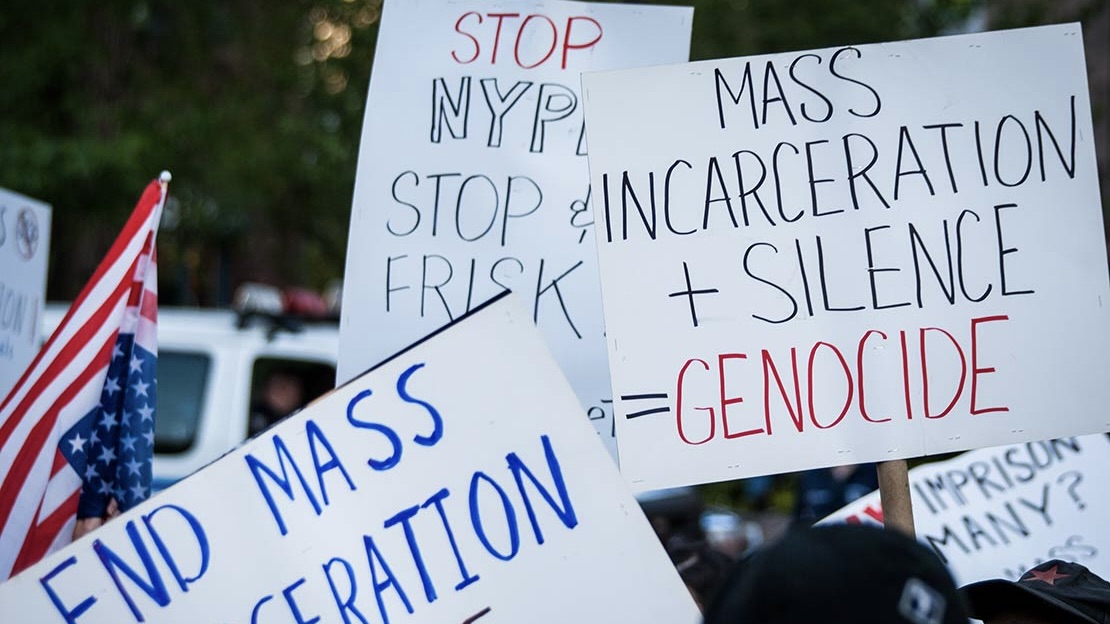
This Mother’s Day, organizers in the Party for Socialism and Liberation in Colorado are organizing free buses for mothers to visit incarcerated loved ones. “The average ride to visit a prisoner in Colorado is 2.5 hours or 124 miles one way, and many people can’t afford that drive or are physically unable to drive that far,” Denver PSL wrote in an Instagram post.
This effort follows a similar initiative by Denver PSL organizers in December, in which they raised funds for and coordinated holiday visitation buses. According to Katie Leonard, an organizer with the Party for Socialism and Liberation in Denver, “it’s appalling that the state doesn’t provide free or low cost service to these mothers,” who seek to visit their children behind bars.
“We had a mother travel with us on our last trip over the holidays, and she had just gotten news that she may have cancer and she hadn’t seen her son in a decade,” Leonard described. “You have these really harsh realities that become real only because of the way our country has incarcerated so many people in such a disgusting way.”
According to a report by the Prison Policy Initiative, there are nearly two million people locked up in the US criminal legal system, a number which includes those incarcerated in state and federal prisons, local jails, juvenile facilities, and immigrant detention centers. Prisons in the US are notorious for abuse, including high profile cases such as the fatal beating of New York State prisoner Robert Brooks by multiple corrections staff. The prison system is also known for its connections to the legacy of slavery and racism in the country, with 37% of those incarcerated being Black despite only making up 13% of the general population of the country. Louisiana State Penitentiary, also known as Angola, is a stunning example of the US prison system’s connections to slavery, being an operating prison on the grounds of a former slave plantation.
Buses will go from Denver to Arkansas Valley Prison in Southern Colorado. Leonard says it’s unfair to ask mothers to make the trek themselves, with no assistance from the state. “It’s like, not only are we going to disproportionately incarcerate poor people, Black people, Brown people, but we’re going to make it nearly impossible for them to ever come in contact with their loved ones.”
This post was originally published on this site be sure to check out more of their content.








